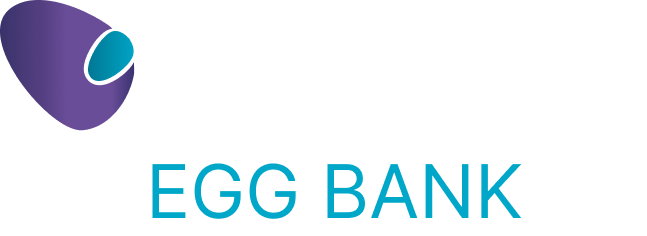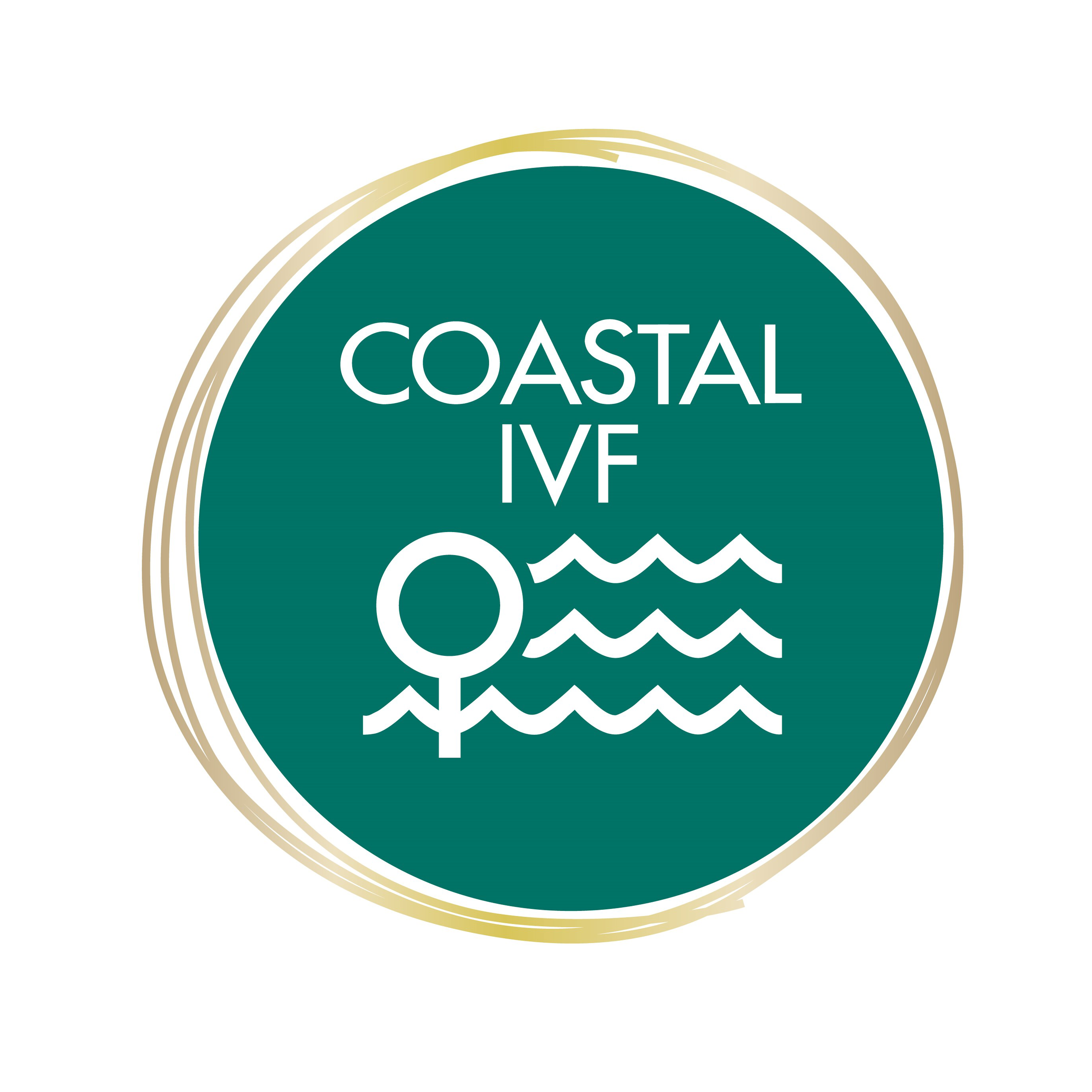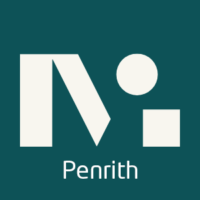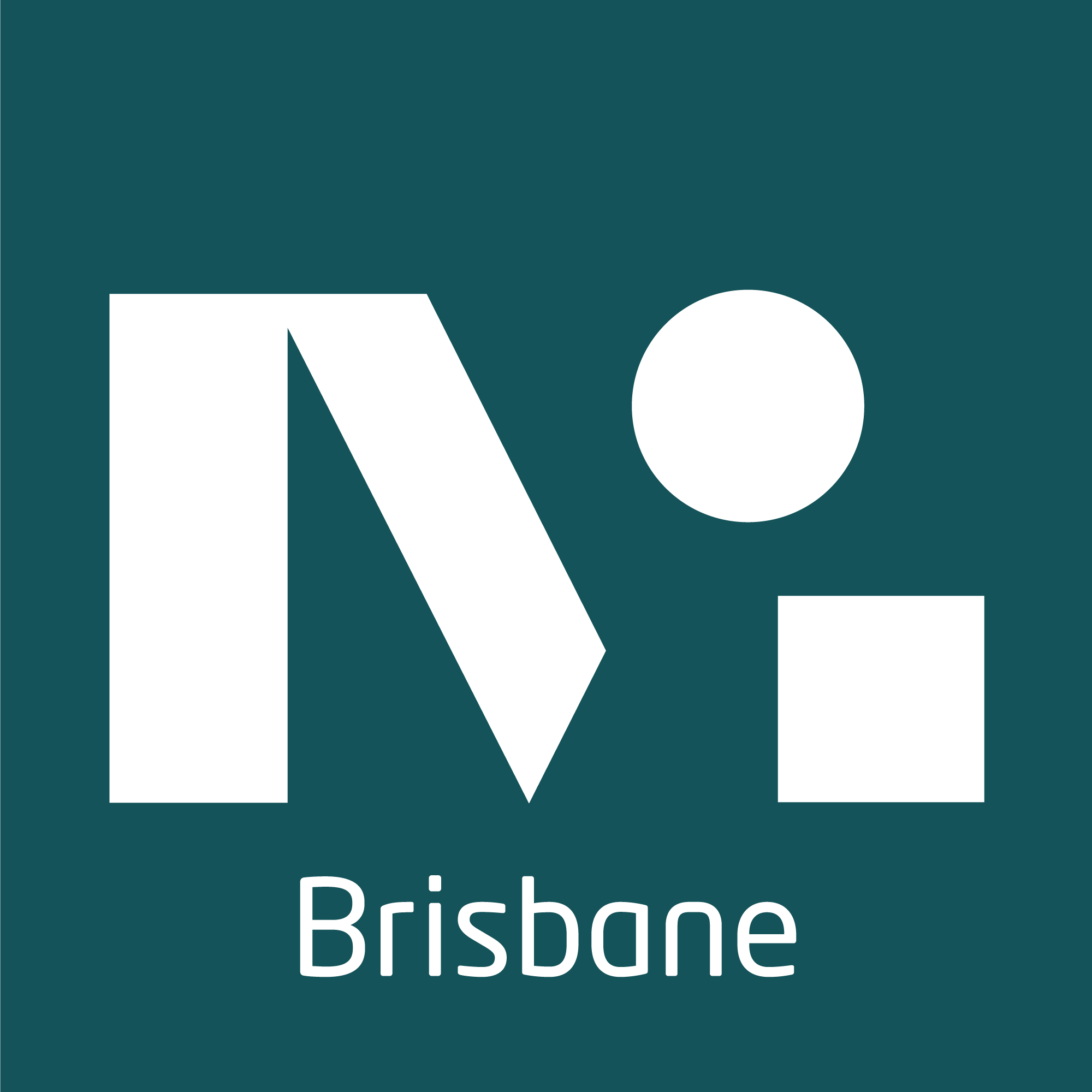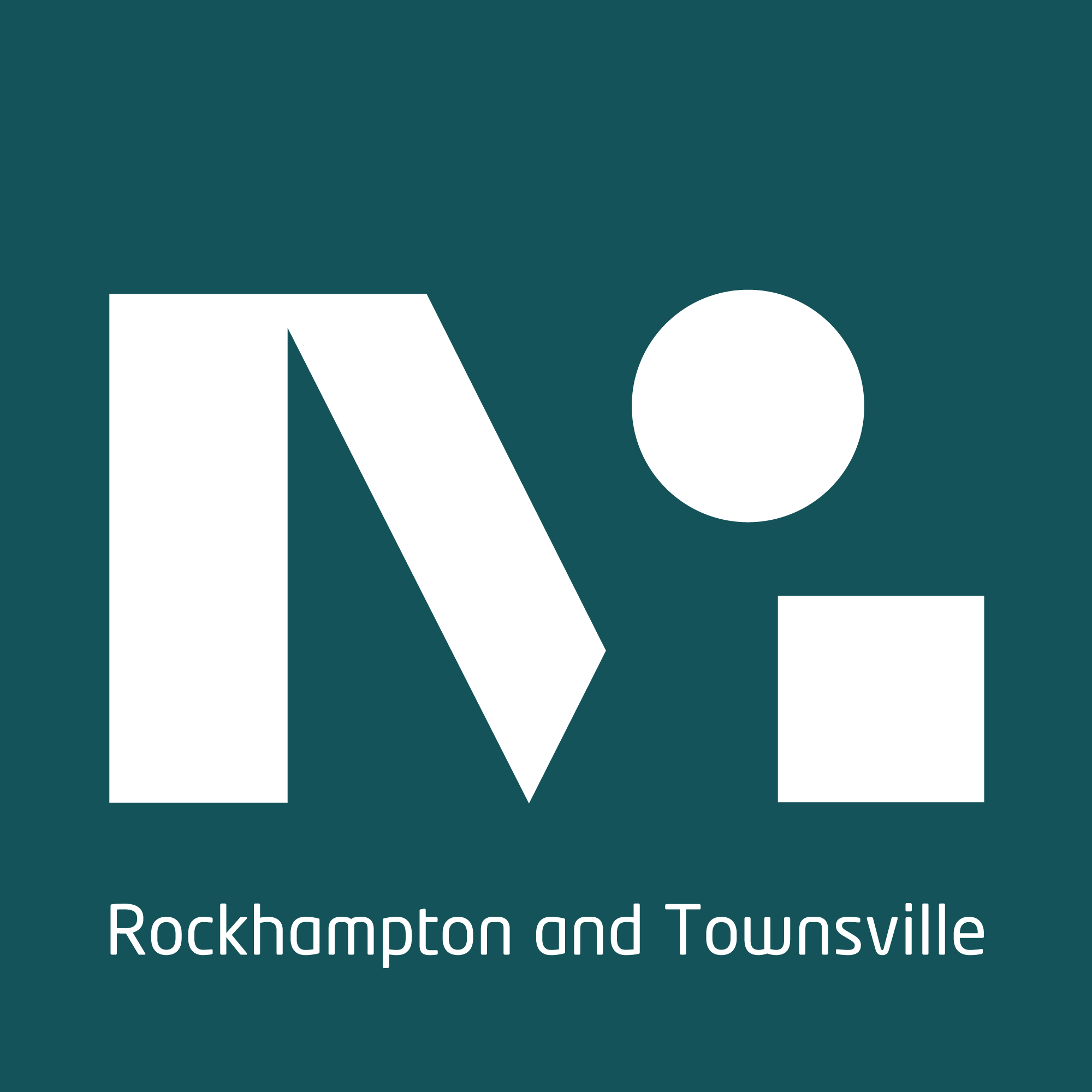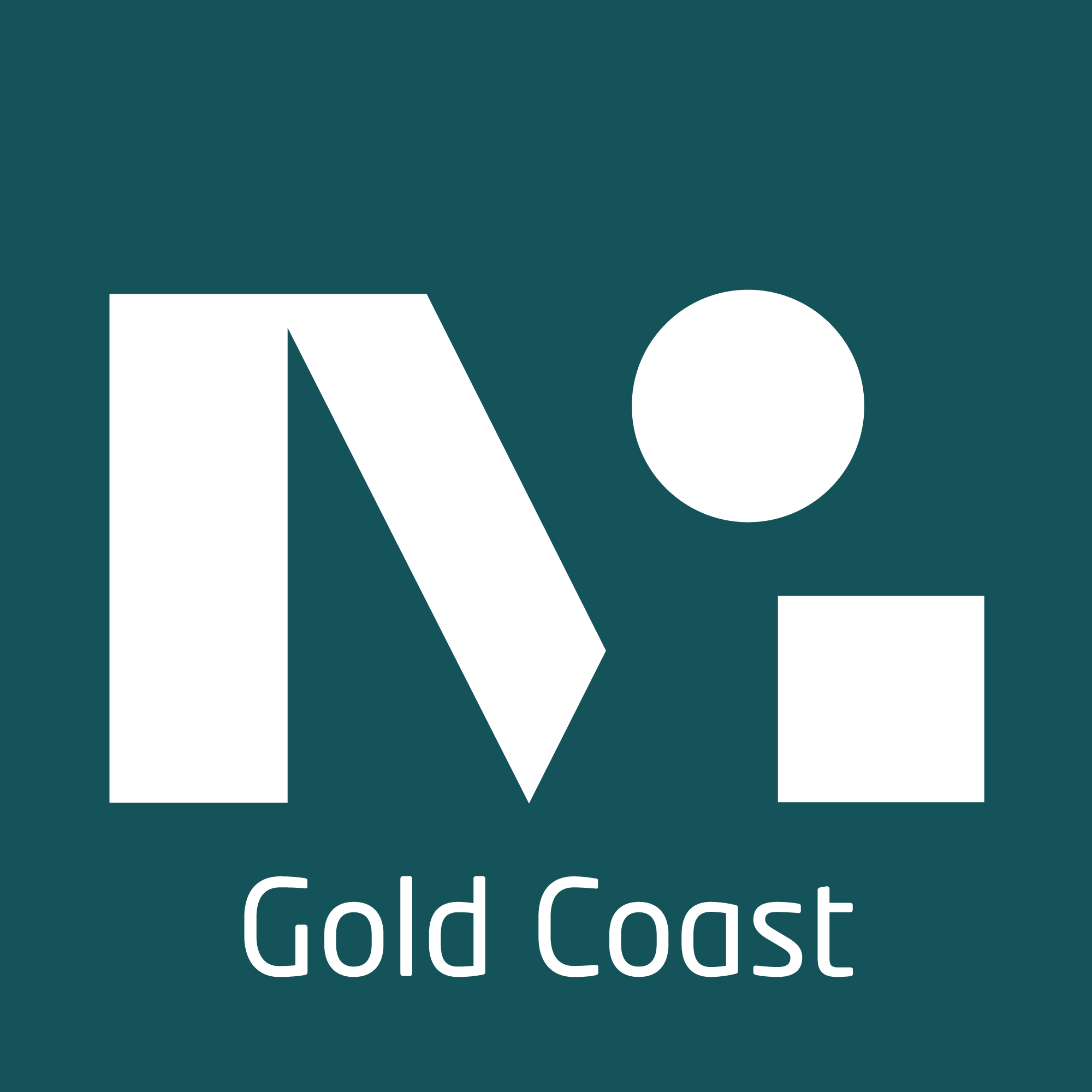Starting the journey to parenthood is exciting. But it’s important to consider how your diet may affect your ability to fall pregnant. According to a 2017 study, eating foods high in folic acid, vitamin B12, vitamin D, and omega-3 fatty acids can positively affect fertility. Studies like these show that the foods you eat can impact your reproductive health and improve your chances of conception.
At CentraLIVF, we’re proud to offer an egg donation program with a high success rate. And with over 320 babies born, we’re committed to developing, optimising, and delivering outstanding results.
Read on to explore the power of food in fertility and discover how making the right dietary choices can help you create a family.
What nutrients should I eat more of?
Folic acid and folate
Folic acid, a vital B vitamin, can prevent neural tube defects during pregnancy. So look for a prenatal vitamin that contains the recommended daily dose of 500 mcg.
Try to eat more folate-rich foods such as leafy green vegetables, fortified cereals, oranges, strawberries, beans, and nuts.
Vitamin B12
Vitamin B12 helps regulate homocysteine levels, an amino acid that needs to be kept in check for reproductive health.
This vitamin is found in foods like animal meat, fish, eggs, and dairy. You can also take a supplement to ensure you’re getting enough.
Omega-3 fatty acids
Omega-3 fatty acids regulate ovulation and promote blood flow to reproductive organs. It also improves the absorption of iron, which supports oxygen transport in your body and helps your baby develop.
Increase your omega-3 intake with fatty fish like salmon, grass-fed beef, nuts, seeds, and plant oils. Eating more fortified cereals, lean meats, and spinach will help you reach your daily iron requirements.
Vitamin D
Studies have shown a significant link between vitamin D levels and male and female fertility, impacting the odds of conceiving.
Vitamin D, fondly called the sunshine vitamin, is synthesised by our bodies when exposed to sunlight. So be sure to soak up some sun when you can.
Alternatively, foods like canned tuna and egg yolks provide a source of vitamin D. You can also opt for a vitamin D supplement.
Fibre
Fibre-rich foods – such as whole grains, fruits, vegetables, beans, and legumes – make you feel full for longer and regulate your blood sugar levels.
Protein
Feeding your body high-protein foods supports healthy fetal development. So be sure to include fish, lean meats, and plant-based sources like beans and legumes in your meals.
Complex carbs
Opt for complex carbohydrates found in whole grains, beans, vegetables, and fruits over refined carbohydrates. These foods help control blood sugar levels and promote regular ovulation.
What to eat when you’re trying to get pregnant
Dairy
Dairy products like milk, yoghurt, cheese, kale, and broccoli are rich in calcium. Maintaining good calcium levels during pregnancy is essential for reproductive health and bone development.
Opt for low-fat or fat-free options to maintain a healthy weight, but consider adding a serving of full-fat dairy if you have ovulation issues. Just be cautious not to overindulge, as excessive calorie intake can hurt your fertility.
Read IVF Diet: Rapid Weight Loss Reduces Chances of IVF Success
Lean animal protein
Lean animal protein, such as turkey, chicken, and beef, are excellent sources of iron. Choose lean cuts of meat to avoid excess fat intake, and balance animal protein consumption with plant protein sources like beans, tofu, or quinoa.
Oysters
Zinc deficiency can disrupt the menstrual cycle and affect egg quality, so incorporating zinc-rich foods like oysters into your diet can improve your fertility.
If you don’t like oysters, you can choose other sources of zinc – such as beef, poultry, dairy, nuts, eggs, whole grains, and legumes.
Berries
Raspberries and blueberries are packed with antioxidants that protect cells in your reproductive system from damage and aging.
Other berries like strawberries and blackberries are also rich in antioxidants and can help with your fertility goals.
What foods should I avoid while trying to get pregnant?
Raw or undercooked meat
Try not to eat any undercooked meat, especially poultry, pork, sausages, and burgers. Make sure any meat you consume is thoroughly cooked to prevent the risk of toxoplasmosis, a parasite that can harm you and your baby.
It’s also best to avoid raw cured meats like parma ham, chorizo, pepperoni, and salami, as they may contain parasites. If you choose to eat cured meats, freeze them at home for four days before consuming them or ensure they are thoroughly cooked – like on a pizza.
Liver and other foods containing vitamin A
Stay away from liver and liver products – such as liver pâté and sausage – due to their high vitamin A content, which can be harmful to an unborn baby. Also, try to avoid multivitamins containing vitamin A or fish liver oils like cod liver oil. However, natural sources of vitamin A, like carrots, are safe in moderation.
Cosmetic products containing vitamin A are generally safe for external use.
Pâté
All types of pâté, including vegetable pâté, are off-limits while trying to get pregnant as they may contain listeria. This bacteria can cause an infection called listeriosis, which can harm a baby during pregnancy or even cause severe illness in a newborn.
Unpasteurised milk and dairy products
While most milk sold in shops is pasteurised and safe to drink, unpasteurised (raw) milk and dairy products should be avoided. This is due to the risk of food poisoning from bacteria such as toxoplasmosis, listeriosis, and Campylobacter.
If you must drink unpasteurised milk, ensure it’s boiled before consumption.
Certain cheeses
Certain types of cheese shouldn’t be eaten due to the risk of listeriosis. While hard cheeses like cheddar, stilton, and parmesan are safe to eat, it’s best to avoid mould-ripened soft cheeses with a white coating on the outside, such as brie and camembert, unless cooked thoroughly.
Similarly, soft blue and goat cheese are also banned unless cooked until steaming hot.
Undercooked ready meals
Follow the cooking instructions on ready meals carefully to ensure they are cooked thoroughly and steaming hot before you eat them. This is especially important for meals that contain poultry, such as chicken or turkey.
Unwashed packaged salad
Pre-prepared, pre-washed salad is safe to eat if stored properly and consumed before the use-by date. However, if the salad has been left at room temperature for an extended period, it’s best to avoid it due to the risk of bacterial growth.
If purchasing an unwashed, pre-prepared salad, ensure it’s washed thoroughly before eating it.
Raw or undercooked eggs
Opt for pasteurised eggs and stay away from dishes containing raw eggs – like homemade mayonnaise or mousse – to prevent salmonella contamination.
Certain kinds of fish
Due to potential exposure to pollutants like mercury, limit your intake of certain types of fish while trying to get pregnant. Aim to eat no more than two portions of oily fish per week, such as salmon, trout, mackerel, or herring, as they may contain pollutants that could harm your baby’s development.
By incorporating fertility-boosting foods into your diet, you can increase your chances of conception. But if you’re considering fertility treatment, we’re here to help. Our dedicated team at CentraLIVF will guide you through every step of your journey to parenthood. Contact us to learn more about our egg donation programs.
